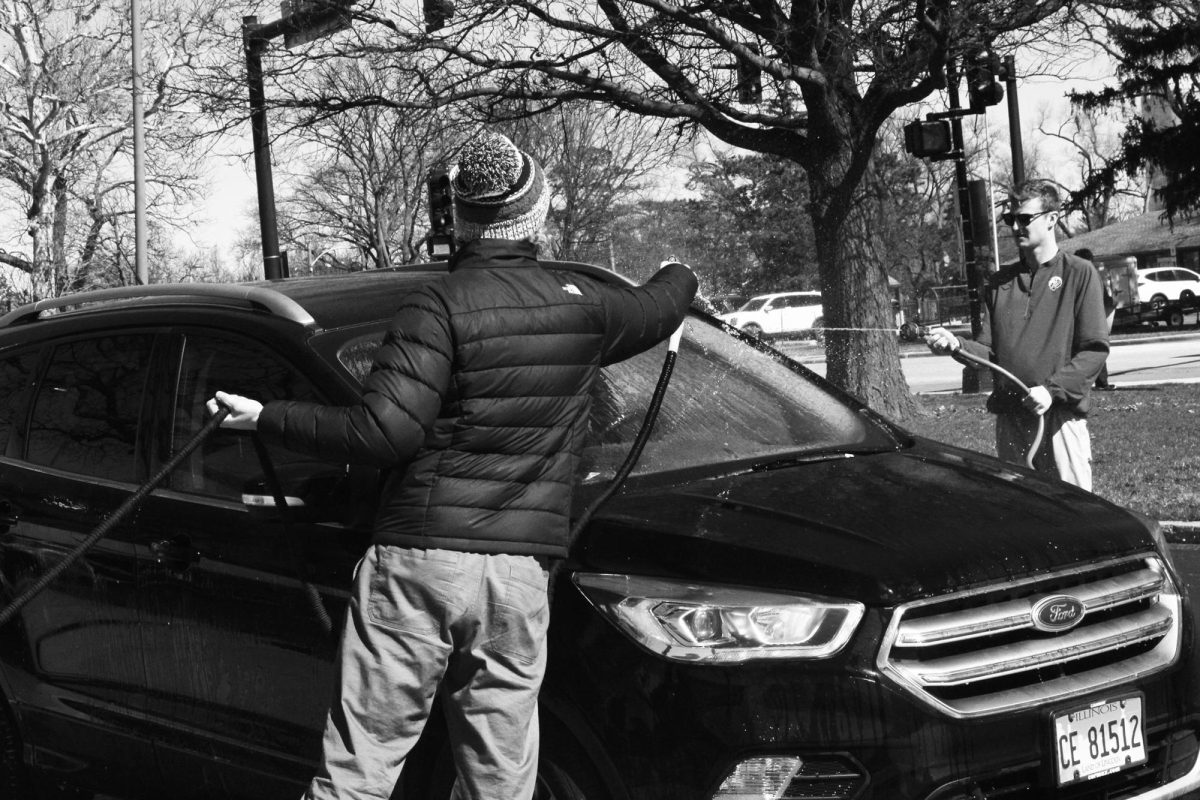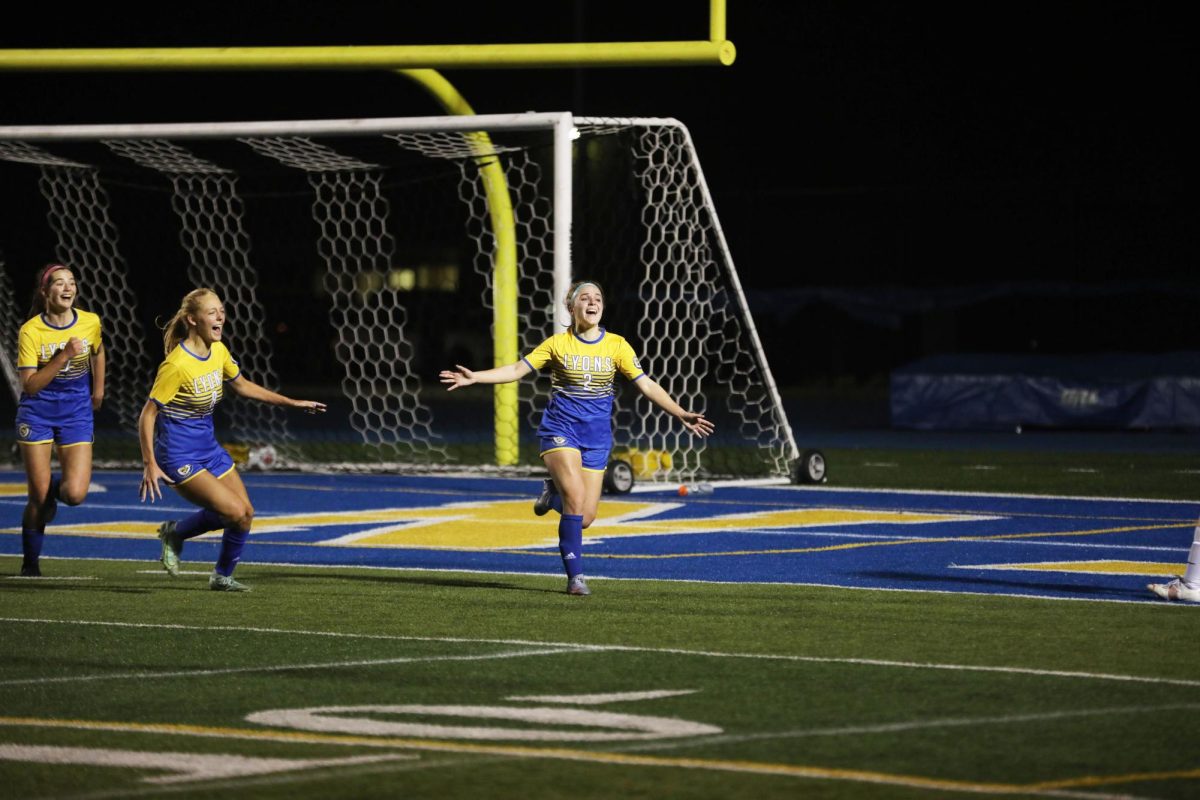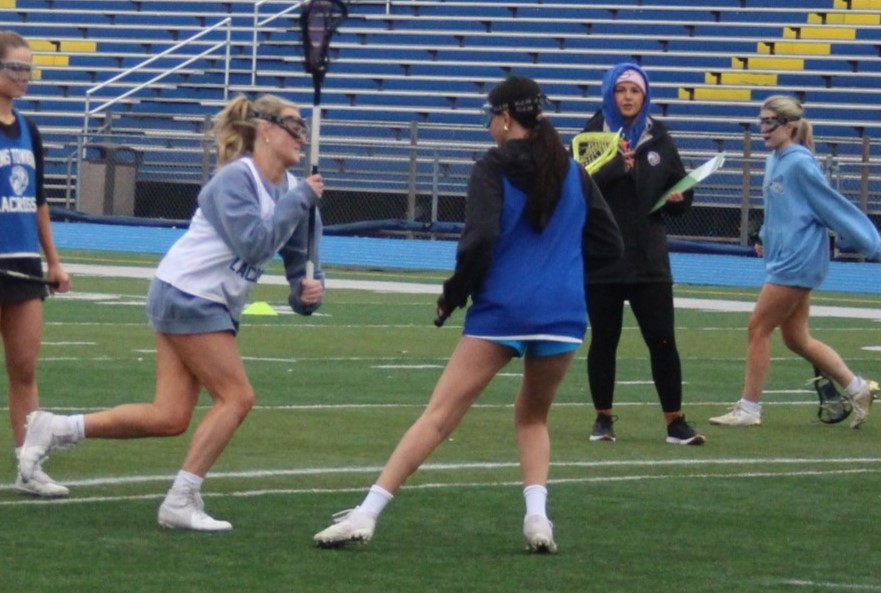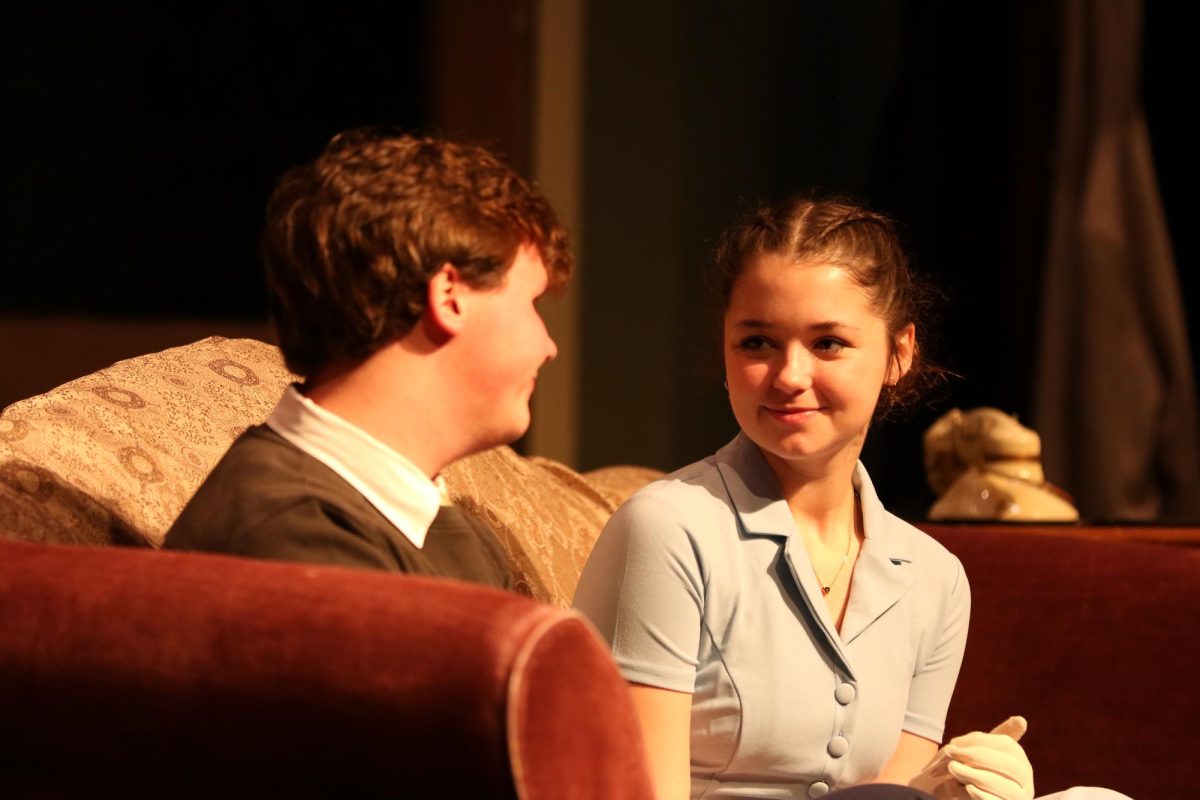Letter to the Editor Issue #3
December 4, 2015
In the October 23, 2015, issue of Lion, a letter to the editor called for a change in the counseling policy at LT after a student passes away. It’s important to note that LT does not have a hard and fast policy as it relates to a death. Instead, we have a compassionate, productive process we follow based on best practice, research and expert advice for what is best for grieving students. The death of a high school student is always a tragedy surrounded by strong emotions. We model our response to any death, whether by natural causes, suicide or accident, based on a program that encompasses prevention, preparedness, response and recovery. Combining research and theory with specific skill-building and practical resources, LT’s process is a proven, evidence-based model designed to meet the needs of a school and students in crisis. The process is led by caring, sympathetic and kind counselors and social workers adept at guiding students through the grieving process.
Classmates and friends mourning a loss often want to honor and remember their friend through a memorial or celebration during school. In the event of a crisis involving numerous students that impacts the majority of the student body, this can be healing. As well-intentioned as that is, those sorts of activities can have very harmful and hurtful effects on our most emotionally vulnerable students, who have experienced their own personal trauma or loss. The National Institute for Trauma and Loss in Children (TLC) acknowledges any situation that results in a desire to create a memorial is likely to be traumatizing for some students. Counselors and social workers can help to identify ways to memorialize the deceased without public displays in school. This meets the needs of grieving students and allows our most vulnerable students to walk the halls of our schools avoiding unwanted memories and fears memorials can trigger. Unless you have experienced loss or trauma and a resulting trigger, it is hard to imagine the impact it has on you. School is a closed environment and it is impossible for students or staff to avoid exposure to a memorial, so we look to the larger community to host them. This offers students and staff choices to visit, participate, or avoid memorials based on their needs and relationship to the deceased. Grief in general and the arousal associated with triggers can lead to a decrease in a student’s ability to focus, retain information, process and also impacts cognitive functioning, which is a primary task in school. One of the most effective ways to help heal in a school environment is to provide routine as soon as possible and to bring comfort, safety, and a sense of security to students’ lives. Assisting students dealing with the loss of a classmate is always difficult. For some, this is their first exposure to death. For others, it brings back painful memories of other losses. There is no response that will satisfy all. Ideally, the LT Crisis Team attempts to respond in a very individual way, however, when we have a large number of students impacted, we may not have the man power to meet with each student individually. At that time, seeing students in a group setting is good practice. It allows students opportunities to share memories of the deceased with each other, express emotions and identify ways to cope. In a school environment, the role of counselors and social workers following a death is to monitor our at-risk students, provide education around grief responses, and promote mental wellness of all students. In a school, social workers and counselors do not serve as therapists; rather, they provide short term assistance, assess students at risk, and should they find a student in need, notify parents and/or refer them for further treatment. When a student is overcome by grief and is unable to be in a learning environment, students are given the option of calling a parent to go home to receive comfort from family. Their grief is supported in a way that is respectful of all students in the school and is meant to allow the student time in school or at home based on their individual need for expressing their emotions.
It is not our intent to stifle emotion or to dictate when or where students express their grief. Emotions are natural parts of life. Helping students learn to identify them, be comfortable with them and self regulate them is our goal. Annually, our counselors and social workers facilitate several grief groups throughout the year for students who benefit from the support of other students impacted by loss. These groups run 8 to 10 weeks in length and help students with the grief process.
In closing, I encourage every student to regularly let their friends and families know they love and value them. This you can control; natural death of those you love is beyond your control. The Student Services Division welcomes the opportunity to help educate students and parents on grieving and coping and our counselors and social workers are eager to assist. Please feel free to contact any of the seasoned professionals in the division.
Donna Bredrup, LCPC Student Services Division Chair


















![Movie poster for [Rec] (2007).](https://www.lionnewspaper.com/wp-content/uploads/2023/04/rec-640x900.jpg)


